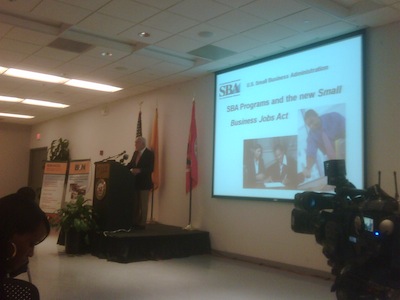I had an interesting conversation the other day with a freelance journalist who writes about parenting topics for a national magazine. We were discussing disability insurance. According to the Society of Actuaries, working Americans between the ages of 25 and 65 years old have a 1-in-5 chance of becoming disabled for a year. Experts recommend having coverage to replace 60% of your income. But what about the value of the work performed by someone who has no income? Imagine that a full-time homemaker becomes temporarily disabled. Her family would incur the expense of replacing the services she provides for free: caring for children, cooking, housekeeping, etc. Many families don’t take the value of those services into consideration when they make their financial plans. Don’t make that mistake. Ensure that your savings plan contemplates the value that both parents bring to the family, not just the parent with earned income.



